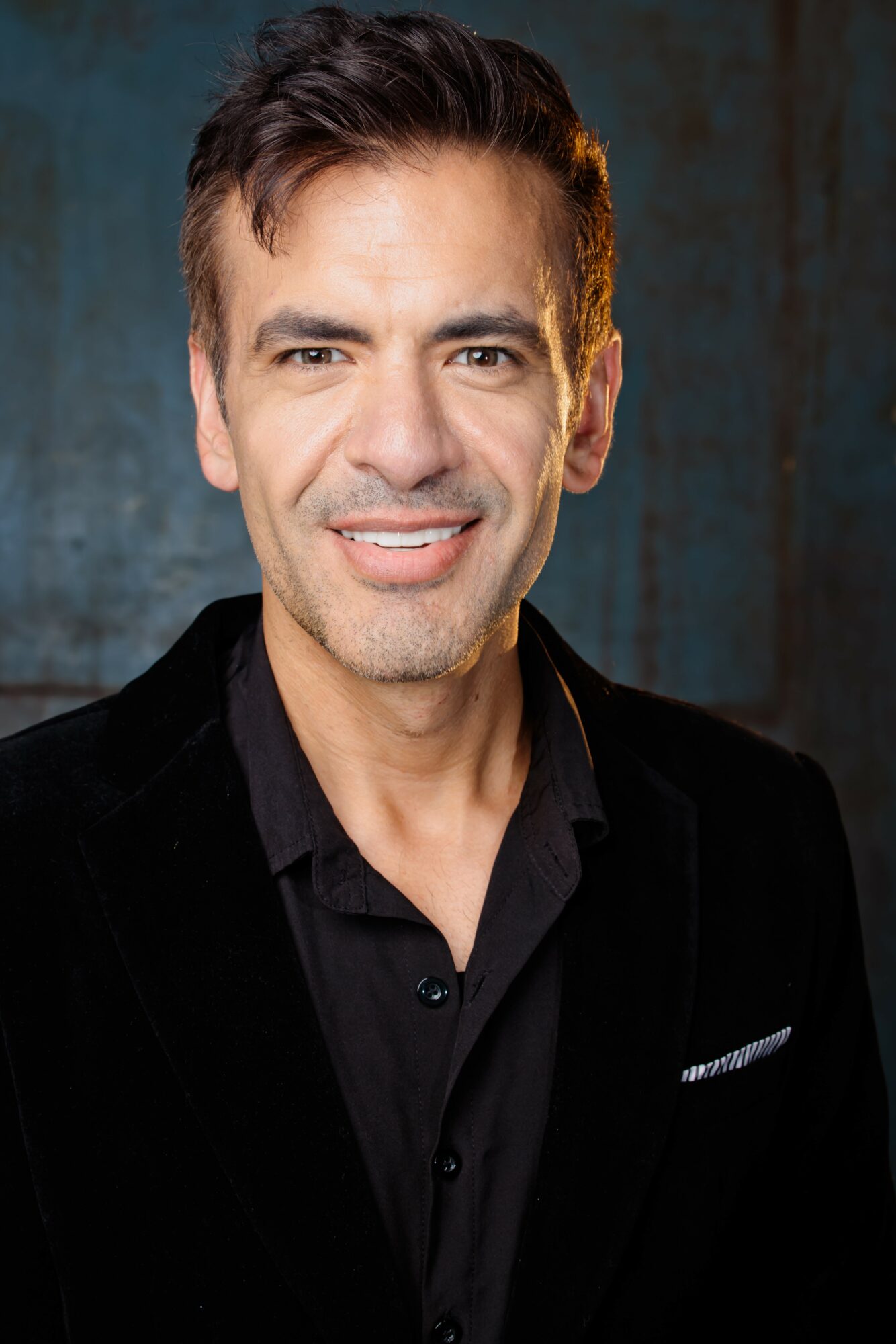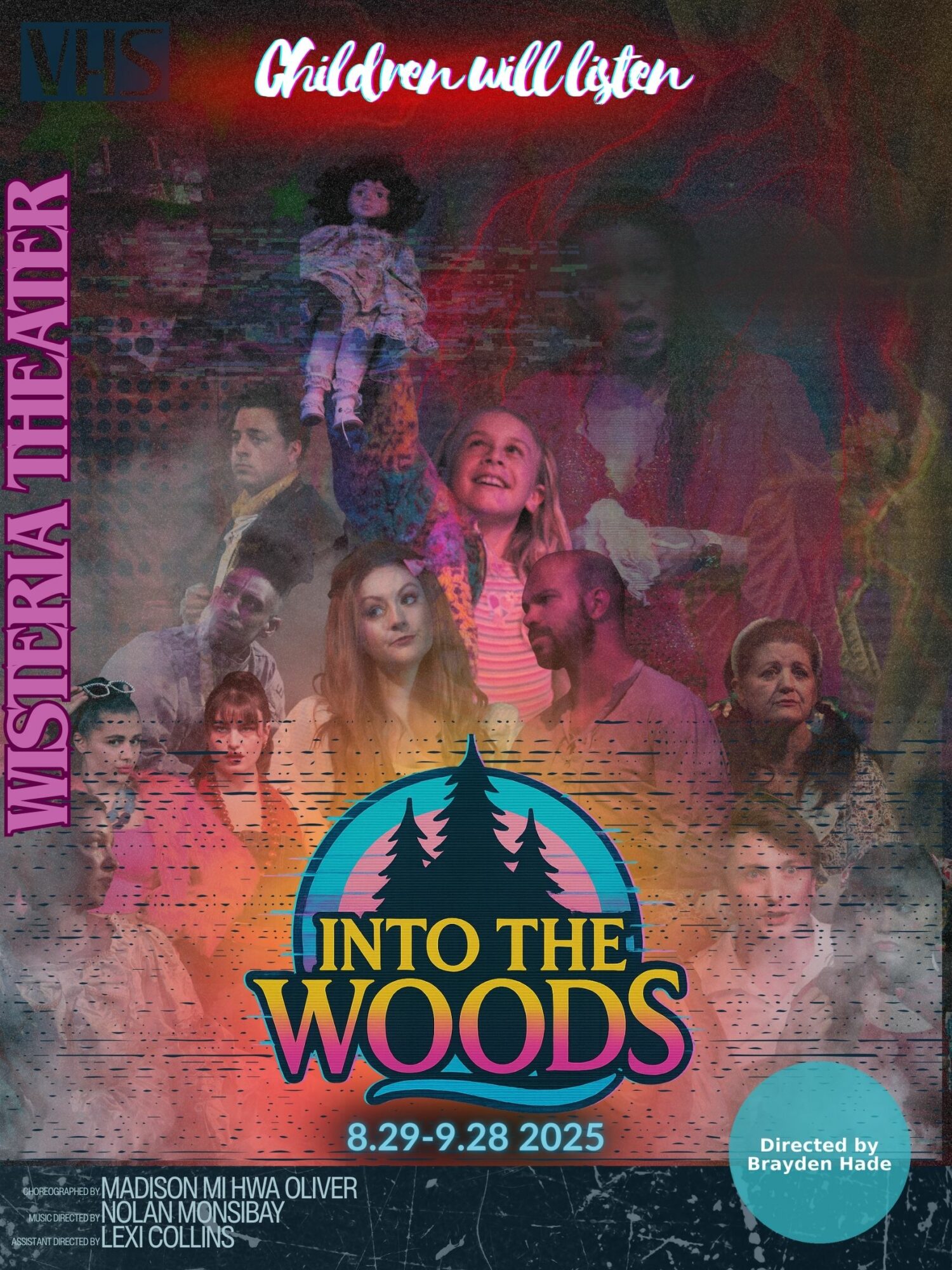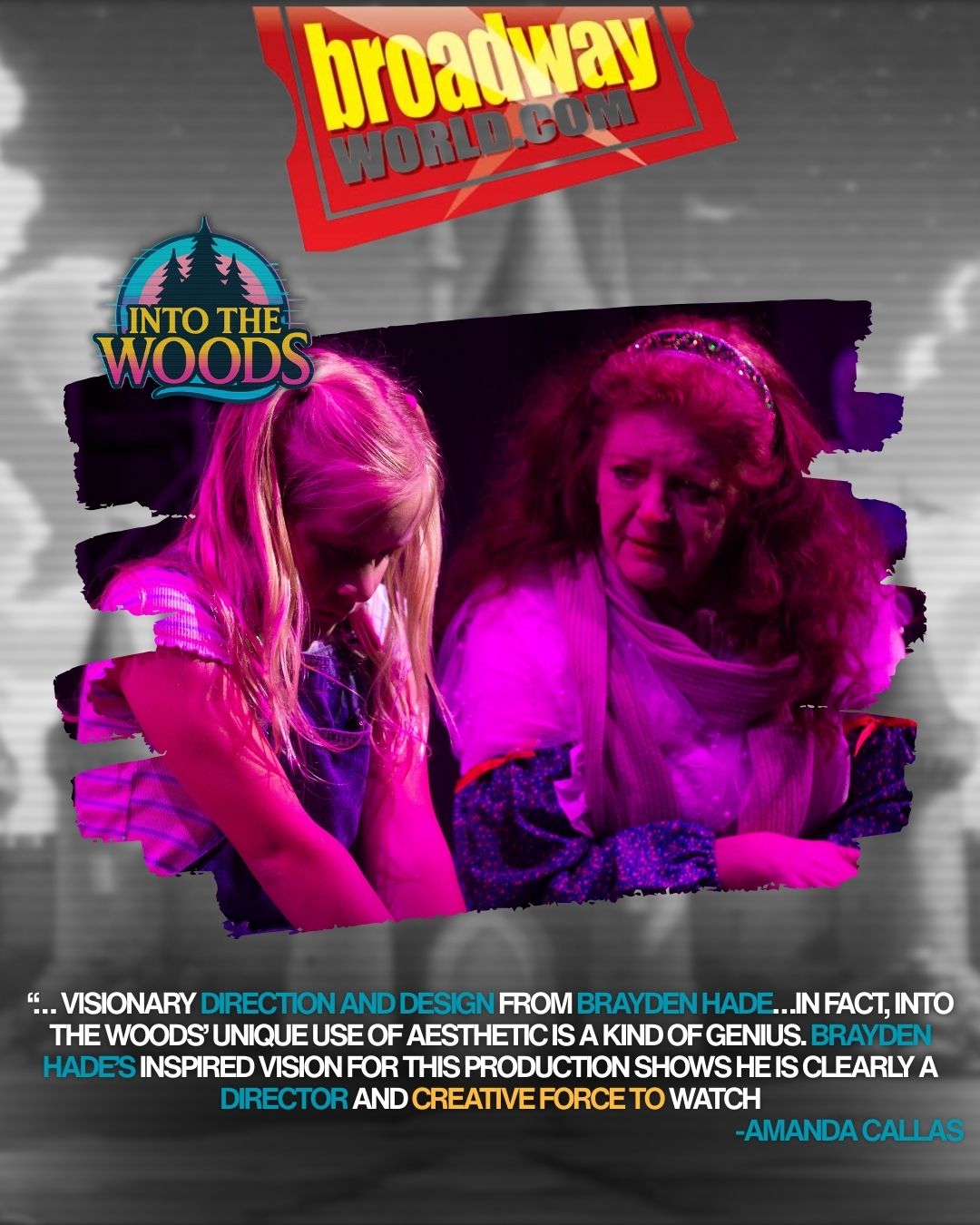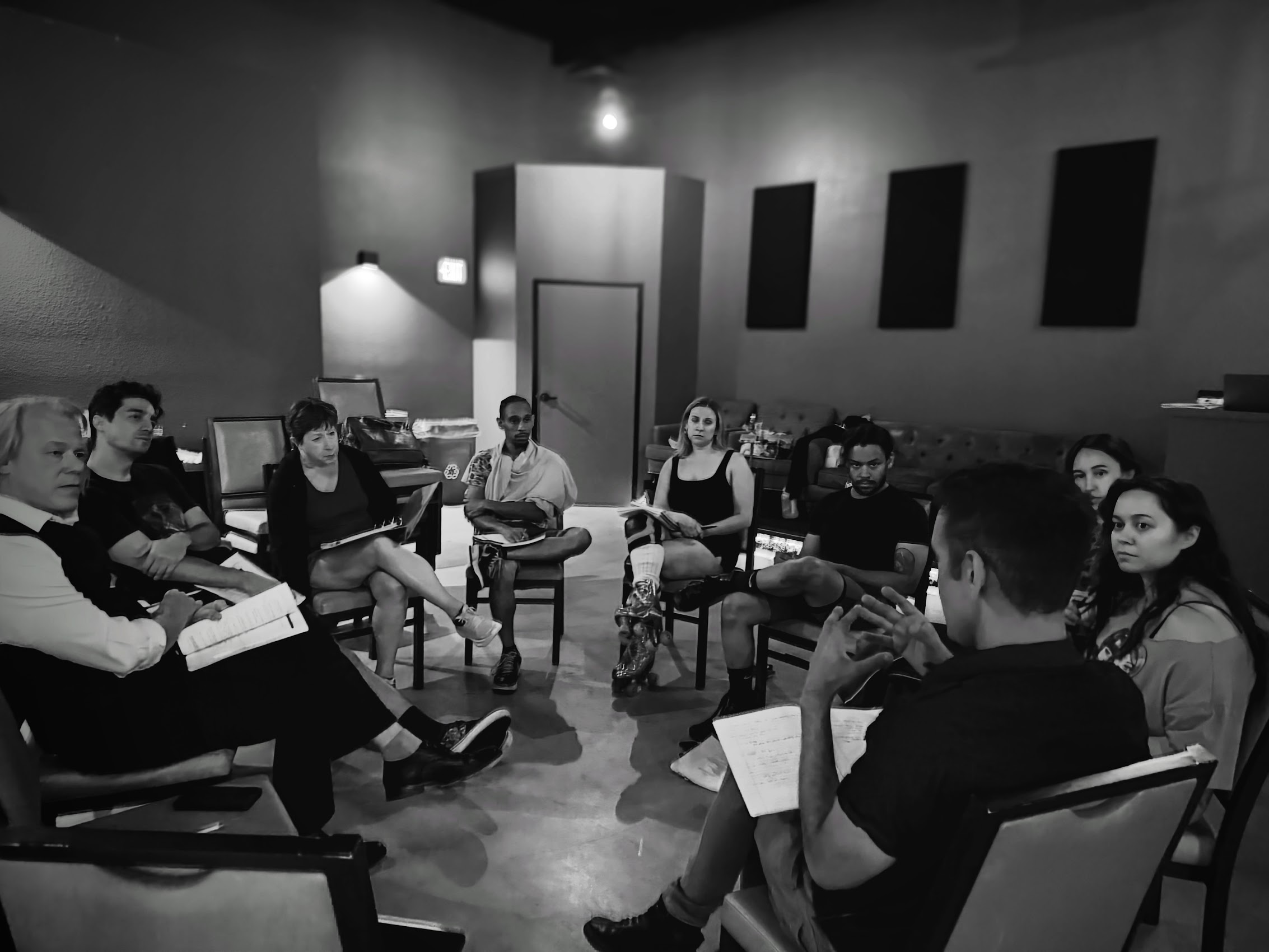

We recently had the chance to connect with Brayden Hade and have shared our conversation below.
Hi Brayden, thank you so much for joining us today. We’re thrilled to learn more about your journey, values and what you are currently working on. Let’s start with an ice breaker: What do you think is misunderstood about your business?
Short answer: That it’s a business.
I work in small-scale theatre, and I’ve only ever worked in paid settings where artists are compensated for their time. That fact alone tends to surprise people. There’s a deep misunderstanding about how theatre actually functions in Los Angeles. The houses I’ve worked with operate on extremely limited budgets but make it a priority to pay their actors. This means everyone wears multiple hats; we use creative tracks, Goodwill finds, and shared generative work to fill the gaps that larger nonprofit institutions would cover with paid staff.
Most people don’t realize theatre is usually sustained by grants and donors. In the for-profit world I work in, those resources aren’t available. That doesn’t mean the shows are making big profits. Often, it’s the opposite, but they’re kept alive by people who genuinely care about the work. Ironically, some of these smaller companies pay their artists better than the large donor-funded houses, which often rely on “prestige” to justify offering less.
We make professional-quality theatre with very little, and that illusion of abundance leads people to assume there’s more money or manpower than there is. Theatre is a tough business in a film town, and balancing costs, artistic integrity, and audience appeal is a constant juggling act.
I’ve always believed that good work should be enough to sustain a theatre, but that’s not always the case. Many companies are chasing trends: TikTok content, stunt casting, whatever they can just to stay relevant, and I think it’s starting to backfire. My hope is that L.A. theatre can reach its full potential by offering experiences people actually find worth paying for. The smaller houses that create meaningful work on limited resources deserve a lot more recognition for what they pull off.
Can you briefly introduce yourself and share what makes you or your brand unique?
I’m a freelance director and the Artistic Director of TheatreSourceLA. I’ve been very lucky to be a busy working artist in Los Angeles; since the pandemic alone, I’ve directed 18 shows and performed in 8. I thrive in smaller venues where I get to wear multiple hats: directing, designing, marketing, and often stage managing the same show. It’s a fun balancing act to make it look effortless, but the art itself is always the reward.
That same hands-on, resourceful spirit is the foundation of TheatreSourceLA, the non-profit we established in 2017 to be an opportunity incubator for local artists. The pandemic set us back, but we’ve been steadily rebuilding. The 26 shows I’ve worked on in the past few years have been crucial. While my focus was divided, that experience is now being poured directly back into the organization.
Coming off a very busy season for our whole team, we’re ready for 2026 to be our breakout year. We’re excited to use our expanded knowledge to up our workload within the organization and become a true asset to the L.A. creative community through classes, events, mainstage shows, and paid work. We have quite a few things we’re sitting on, and we know this coming year is the time to make a bigger impact.
Okay, so here’s a deep one: What part of you has served its purpose and must now be released?
The parts of me that have served their purpose are insecurity and the people-pleasing that comes with it.
For years, I operated under the belief that I had to make everyone happy: coworkers, audiences, etc. I desperately needed to be “seen.” It’s a fool’s errand. You eventually realize that most people are focused on their own journey, and audiences simply appreciate good work, full stop.
The great irony is that trying so hard to be liked made me invisible. The moment I let go of that need and just poured myself into the work, the dynamic shifted. Recognition began to follow, but by then, I had stopped looking for it. When you’re constantly working, the need for external validation naturally vanishes because the work itself is the point.
I’m humbled by the wonderful critical praise I received this year, mostly because it was unexpected and has helped quiet that lingering feeling of being an imposter. But the real magic was in letting go of ego and allowing myself to create without self-censoring. I’ve had plenty of detractors, too, and I see that as a good thing. Beige is irrelevant. If you’re not creating something that gets a reaction, you aren’t really creating at all.
What did suffering teach you that success never could?
That’s a complex question, because I believe we’re taught to see suffering incorrectly. The arts, in particular, romanticize the “Starving Artist” who bleeds for their work. For a long time, that was the ideal.
What suffering actually taught me is that wearing your pain as a badge of honor is a choice, and it’s an unnecessary one. Your experiences and your wounds are what allow your work to resonate with others, but the real lesson is learning how to use them as a tool: and then learning how to put that tool away at the end of the day. That balance is vital.
I use the darkness I’ve felt in life to frame the worlds I create. I’ve framed “Into The Woods” through the eyes of a lonely child, or “Xanadu” through the pain of creation itself. Pain is often the through-line, but it has to be controlled and channeled. It can’t be a place you live in.
Success, on the other hand, is a difficult teacher because it’s an unreliable metric. Ten years ago, I would have dreamed of my current life as the ultimate success. But as humans, the goalpost always moves. Now it’s about broader reach or more financial freedom.
So, suffering taught me how to turn pain into a productive tool that can be picked up and put down. Success teaches very little, because it creates a constant hunger for more, a destination that’s always moving further away.
Alright, so if you are open to it, let’s explore some philosophical questions that touch on your values and worldview. What are the biggest lies your industry tells itself?
There are two damaging lies our industry tells itself. The first is that shouting a message is more effective than earning an argument. And the second is that an intense focus on youth is a sustainable future for the arts.
On the first lie: The power of theatre, since its inception, has been persuasion, not preaching. It’s meant to code its beliefs in character and story to make an audience: especially those who don’t already agree with you, wrestle with a complex idea. But recently, nuance has been thrown aside for slogans. We’re creating shows with known pop songs and loud ideologies that just preach to the choir. Producers think it’s a safe bet, but it’s a creative dead end that fails to transform anyone.
The second lie is the obsession with youth. It’s a marketing tactic that’s bad for everyone. It alienates the older audiences who can actually afford tickets, and it patronizes the very generation it claims to serve. Art should challenge young people and give them complex worlds to navigate, not just mirror back a warped version of their identity.
When we stop creating meaningful art for them to engage with, they don’t stop looking for meaning. They just find it in the void we’ve left behind: a void now filled by TikTok ideologues, podcasters, and other voices with far more shadowy intentions.
Okay, so let’s keep going with one more question that means a lot to us: What do you think people will most misunderstand about your legacy?
I think people will misunderstand the motive. As a freelancer, my path isn’t a straight line up a ladder, and my legacy will naturally be scattered.
The common assumption in this industry is that you’re always chasing something—prestige, a title, a bigger paycheck. I think people might look at my career and project that narrative onto me, thinking it’s all for vanity.
The irony is that I’m mostly unknown and, frankly, very poor. The choice was never about status; it was about pursuing projects I found compelling. The story is still being written, so who knows what the final chapter will be. But I hope my legacy is defined not by what I achieved in terms of traditional success, but by the work I chose to spend my time on.
Contact Info:
- Website: http://www.braydenhade.com
- Instagram: http://www.instagram.com/braydenhade
- Linkedin: https://www.linkedin.com/in/braydenhade/
- Twitter: http://www.x.com/braydenhade
- Facebook: http://www.facebook.com/braydenvhade
- Youtube: http://www.youtube.com/@braydenhade


![]()

![]()
Image Credits
Headshot by Justin Powell, other by me.














